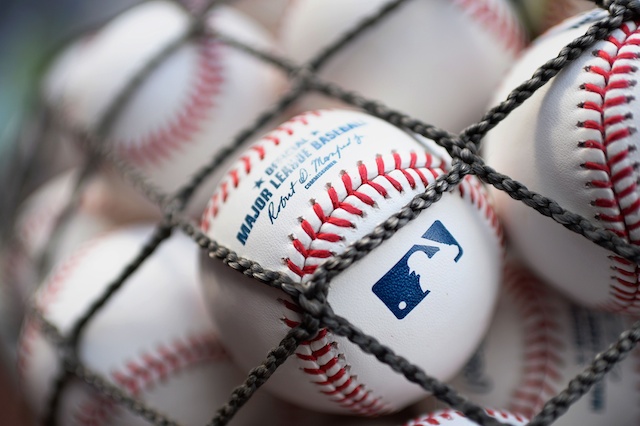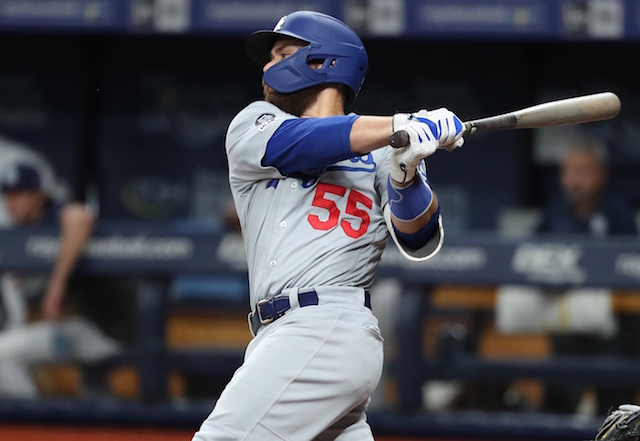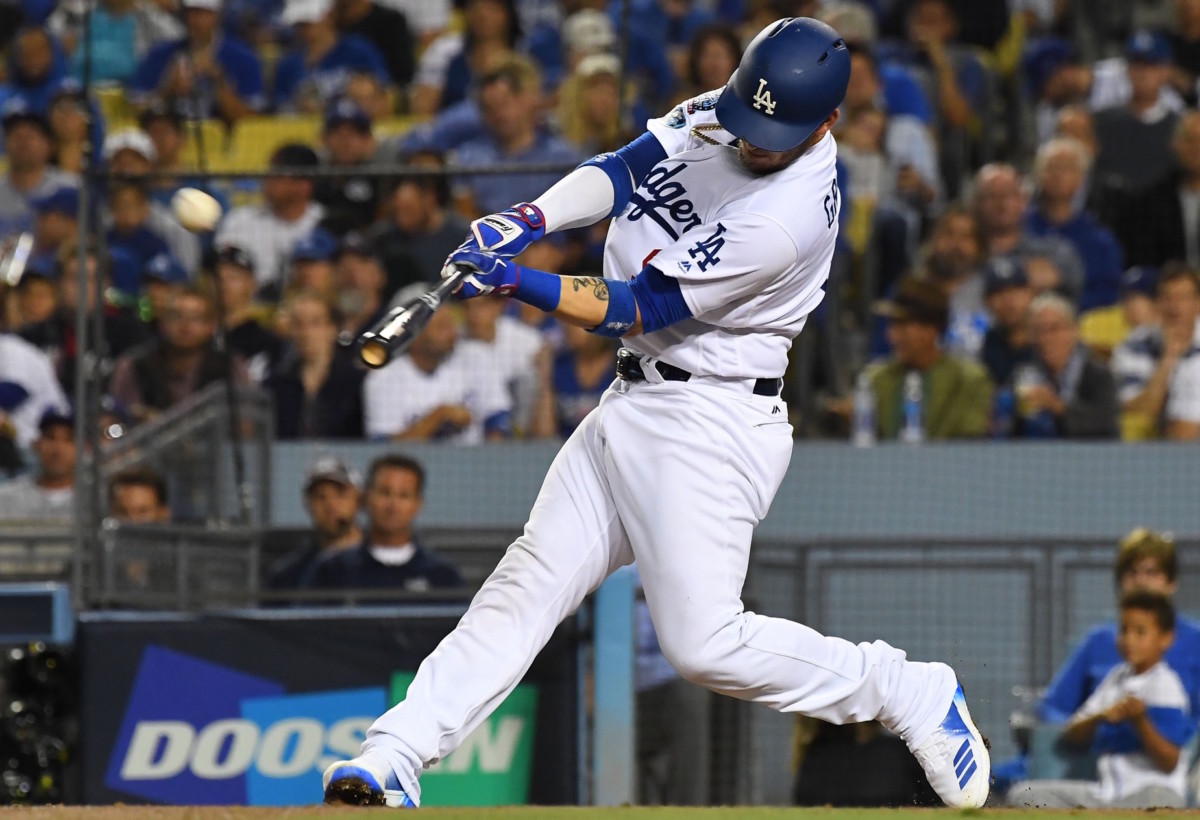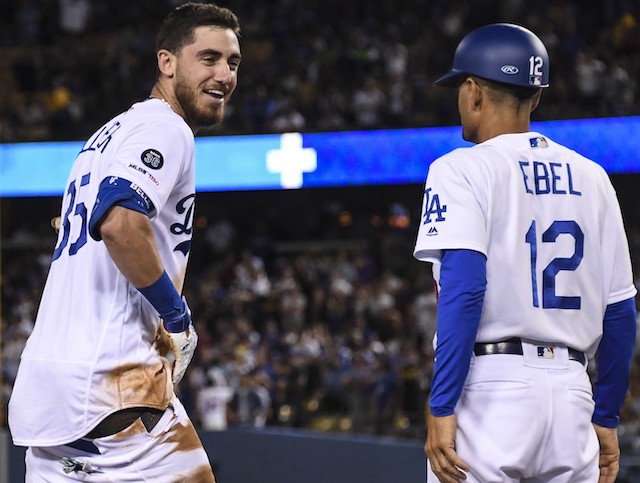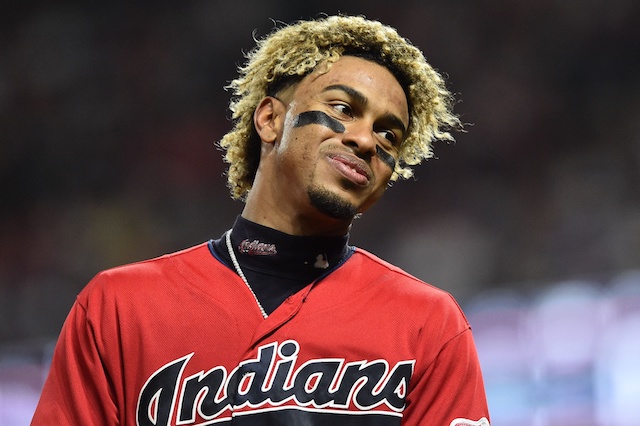The Los Angeles Dodgers were active on Friday, most notably coming to terms with longtime ace Clayton Kershaw on a new three-year extension. But the club didn’t stop there and additionally extended the qualifying offer to free agents Yasmani Grandal and Hyun-Jin Ryu.
Grandal and Ryu were among the seven players across the Majors to receive a qualifying offer, joining Patrick Corbin, Bryce Harper, Dallas Keuchel, Craig Kimbrel and A.J. Pollock. The group now has until Nov. 12 to decide on whether to accept it or proceed with free agency.
Only players who spent the entire 2018 season with one organization can be extended the qualifying offer. Thus, one of the top free agents this winter, Manny Machado, was ineligible to receive one from the Dodgers.
The qualifying offer was set at a one-year, $17.9 million contract for 2019, which represents a $500,000 increase from the previous season. In 2017, all nine players around MLB to be extended one ultimately declined.
With the new Collective Bargaining Agreement taking effect, many changes have been implemented to the qualifying offer. For instance, teams that sign a player who declined the offer will no longer be permitted to yield a first-round draft pick.
Moreover, organizations that lose a player attached with a qualifying offer in free agency will still receive draft compensation. Under the previous CBA, teams were rewarded with a pick between the first and second rounds of the ensuing draft.
But now, a club’s potential compensatory draft pick relies on multiple factors. If a player with a qualifying offer attached to him signs a new contract that falls short of $50 million in total value, his previous club will receive a draft pick after Competitive Balance Round B (right before the start of the third round).
On the contrary, if a player signs a contract that exceeds $50 million in total value, his former club will net a pick that falls in between the first and second rounds of the following MLB Draft.
Because the Dodgers weren’t considered a revenue-sharing team in 2018 but still remained under the luxury tax threshold, they would be forced to give up their second-highest draft pick and $500,000 of international bonus pool money in the event of signing a player who declined the qualifying offer.
Under the regime of president of baseball operations Andrew Friedman and general manager Farhan Zaidi, the Dodgers have yet to sign a player who was extended a qualifying offer from another organization.





